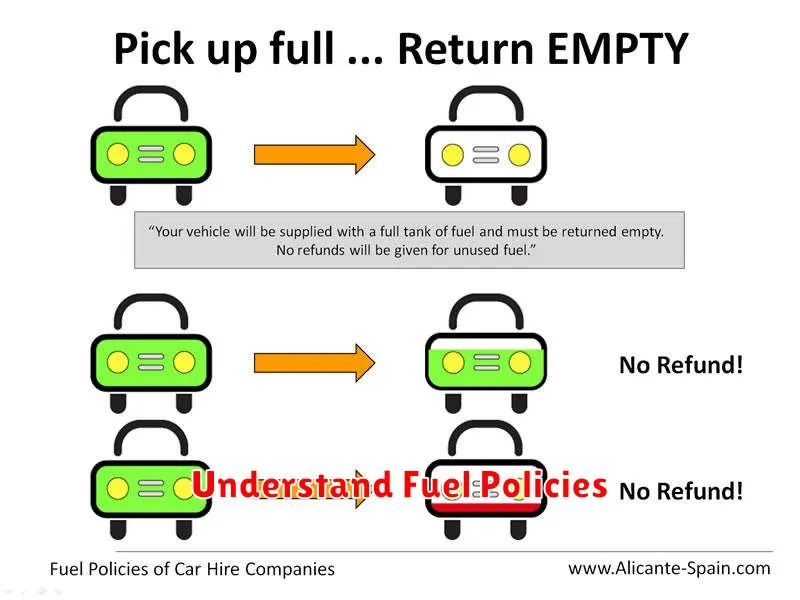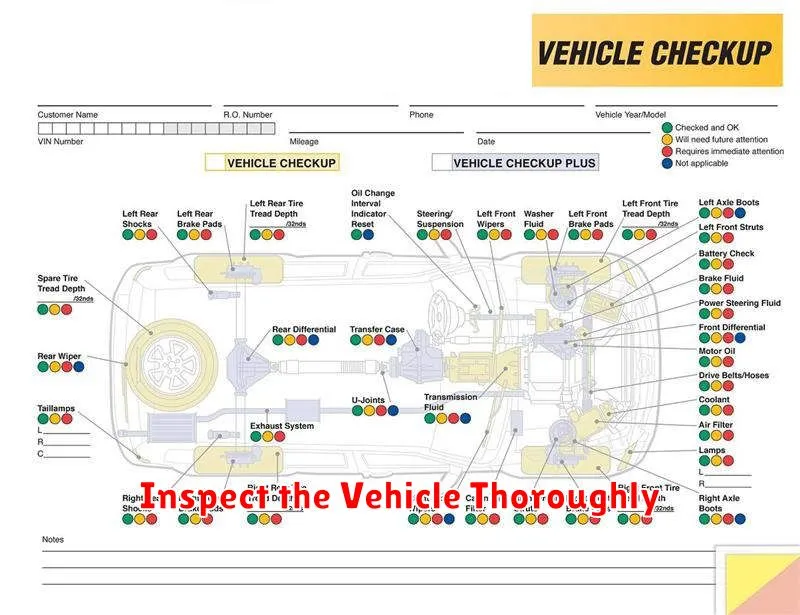Planning an international trip? Renting a car abroad can offer unparalleled freedom and flexibility to explore your destination at your own pace. However, navigating the nuances of car rental in a foreign country can be daunting. This comprehensive guide provides essential tips for renting a car abroad, ensuring a smooth and stress-free experience from reservation to return. From understanding international driving permits and insurance requirements to deciphering local driving laws and navigating unfamiliar roads, we’ll cover everything you need to know to confidently rent a car on your next overseas adventure. Successfully renting a car abroad requires careful planning and consideration, and these tips will equip you with the knowledge necessary to make informed decisions and avoid common pitfalls.
Renting a car abroad opens up a world of possibilities, allowing you to venture off the beaten path and discover hidden gems. This article will equip you with valuable insights into the car rental process, including comparing prices, selecting the right vehicle, and understanding the terms and conditions of your rental agreement. We’ll also address common concerns such as international driving permits, insurance coverage, and navigating foreign driving laws. By following these tips for renting a car abroad, you can embark on your journey with confidence and make the most of your international travel experience. Whether you’re planning a road trip across Europe, exploring the countryside of Southeast Asia, or venturing into the Australian Outback, these tips will empower you to navigate the car rental process seamlessly.
Research Local Driving Laws
Before you even leave for your trip, thoroughly research the driving laws of your destination country. Familiarize yourself with the basic rules of the road, including speed limits, right-of-way regulations, and any unusual traffic laws. This will help you avoid costly fines and ensure a safer driving experience.
Pay close attention to laws regarding required documentation. Some countries may require an International Driving Permit (IDP) in addition to your standard driver’s license. Ensure you have the correct documentation to avoid legal issues.
Also, research specific regulations such as seatbelt laws, child safety seat requirements, and the legality of using cell phones while driving. Understanding these rules will help you navigate safely and legally.
Consider investigating local driving customs beyond the official laws. For example, understand common practices at roundabouts or the use of headlights during daylight hours. Being aware of these nuances can prevent misunderstandings and improve your overall driving experience.
Choose a Reputable Rental Company
Selecting a trustworthy rental company is paramount to a smooth and enjoyable experience. Research various companies and compare their offerings, reputations, and customer reviews.
Consider international brands like Hertz, Avis, or Europcar, as they often have a wider network and standardized procedures. Local companies can sometimes offer competitive rates, but due diligence is crucial to verify their reliability and legitimacy.
Look for transparent pricing policies, ensuring you understand all potential charges, such as insurance, mileage fees, and additional driver costs. Scrutinize the rental agreement carefully before signing to avoid any surprises.
Check for Hidden Fees

Renting a car in a foreign country can be exciting, but hidden fees can quickly derail your budget. Carefully review the terms and conditions of your rental agreement before you sign. Look beyond the daily or weekly rate.
Common hidden fees include charges for:
- Additional drivers: If anyone else will be driving the car, ensure you understand the associated costs.
- Young drivers: Many companies impose surcharges for drivers under a certain age.
- Cross-border fees: If you plan to drive to another country, you may be charged extra.
- Insurance extras: Understand what insurance is included and what optional coverage is offered. Don’t feel pressured to purchase unnecessary insurance if you’re already covered.
- Airport surcharges: Picking up your rental at the airport can often incur an additional fee.
- Fuel policies: Clarify whether you’re expected to return the car with a full tank and if there are penalties for not doing so.
Ask questions if anything is unclear. It’s better to be informed upfront than surprised with unexpected charges later.
Understand Fuel Policies

One of the most crucial aspects of renting a car abroad is understanding the fuel policy. Carefully review the rental agreement to avoid unexpected charges. Common fuel policies include:
Common Fuel Policies
- Full-to-Full: You pick up the car with a full tank and are expected to return it full. This is generally the most cost-effective option.
- Full-to-Empty: You pay for a full tank of gas upfront and return the car empty. While convenient, you often pay a premium and forfeit any unused fuel.
- Pre-Purchase: Similar to Full-to-Empty, but you may be able to get a partial refund for unused fuel. However, calculate carefully to ensure it’s a worthwhile option.
Always clarify the policy with the rental company and note the fuel gauge reading upon pick-up. If you’re unsure, ask questions. A clear understanding of the fuel policy can save you money and frustration.
Use a Credit Card for Deposit
Car rental companies typically require a deposit to cover potential damages or extra charges. Using a credit card for this deposit is highly recommended. This is because credit cards often provide additional insurance coverage for rental cars, which can protect you from unexpected expenses.
Holding a large deposit on a debit card can tie up your available funds, potentially impacting your travel budget. Credit cards offer a more flexible option. Ensure you have sufficient credit available on your card to accommodate the deposit amount.
Using a credit card also simplifies the process of resolving any disputes regarding damages upon returning the vehicle. Document the car’s condition before driving it away, taking photos or videos of any existing damage. This can be invaluable if a dispute arises later.
Inspect the Vehicle Thoroughly

Before signing any paperwork, thoroughly inspect the rental vehicle. This is crucial to avoid disputes later. Note any existing damage, no matter how small. Document everything with photographs and videos, timestamped if possible.
Key areas to inspect include the bodywork for dents and scratches, the windshield and windows for cracks, the tires for wear and tear, and the interior for cleanliness and functionality. Check all lights, signals, and wipers. Ensure the spare tire, jack, and any necessary tools are present.
Don’t hesitate to ask the rental agent to join you during the inspection and to note any pre-existing damage on the rental agreement. This protects you from being held responsible for damage you didn’t cause.
Save Rental Contacts
Before you embark on your journey, ensure you save crucial contact information related to your car rental. This proactive step can save you considerable time and stress should any issues arise during your trip.
Key contacts to save include:
- The rental agency’s main customer service line.
- The direct contact number for the specific rental location where you picked up your vehicle.
- Roadside assistance or emergency contact numbers provided by the rental company.
- Your insurance company’s contact information.
Store these numbers in your phone and consider writing them down as a backup. Easy access to these contacts can be invaluable in case of breakdowns, accidents, or other unforeseen circumstances.

